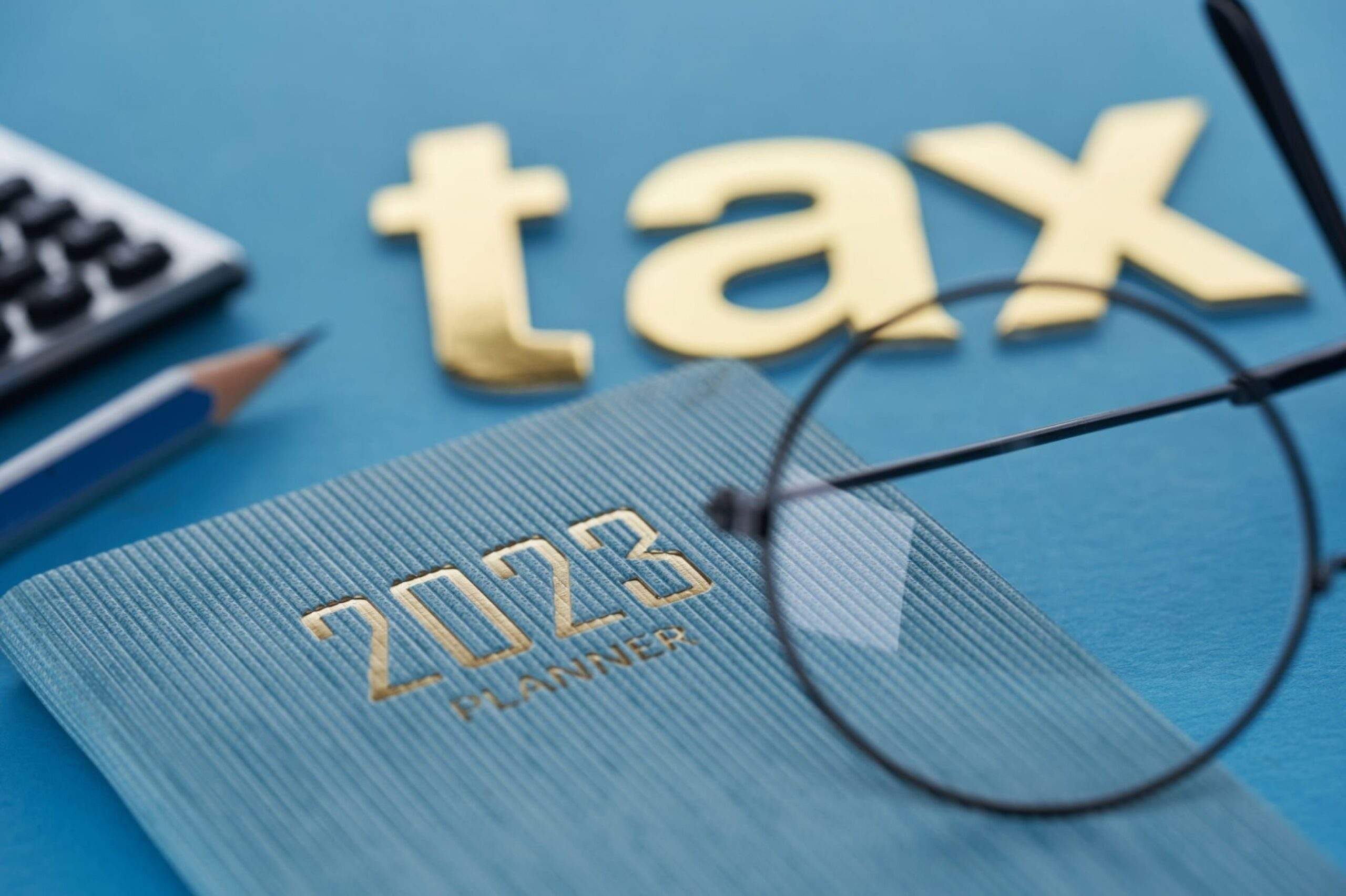
Tax time is a stressful time for many, and it is not helped by the many myths that exist about taxes. It is important to understand the truth behind taxes and to avoid falling for myths. Tax myths are pervasive, and it’s important to separate fact from fiction as they are often exaggerated and have little basis in reality. It’s crucial to have a basic understanding of tax law and to stay up to date on relevant changes. The Internal Revenue Service (IRS) website is a great source of information on tax topics.
This article will focus on common tax myths, explain the truth behind them, and provide readers with clarity on how to best understand & approach taxation, stay informed, and maximize your savings.
For example, some believe that the wealthy don’t pay taxes, but this is not true. All taxpayers, regardless of income level, are required to pay taxes within their means.
Common myths include the belief that filing an extension gives you more time to pay taxes, that taxes are not due on Social Security benefits, and that you can deduct expenses for a hobby. To clarify, filing an extension only gives you more time to file, not to pay taxes. Social Security benefits are taxable depending on income level. And, while you can deduct expenses related to a business, hobby expenses are generally not deductible.
For individuals, one of the most commonly held tax myths is that filing taxes is optional. It is a legal requirement. Failing to file and pay taxes can result in both civil and criminal penalties.

Another common myth is that it is possible to deduct any expenses incurred during the year. In reality, only certain expenses are deductible and must meet specific criteria to qualify.
Believing that tax refunds are free money, that filing taxes is optional, and that filing a tax return with a zero balance means no taxes were due is also not right. The truth is that a refund is simply a return of money already paid, filing taxes is mandatory for those who meet certain criteria, and filing a tax return with a zero balance still requires a return to be filed.
Businesses may also have misconceptions about taxes. One of the most commonly held beliefs is that it is always best to structure the business as a corporation. In reality, the best option will depend on the circumstances and other entities such as limited liabilities.
Another myth is that filing taxes is complicated, but this is also untrue. As long as taxpayers use the tools and resources available from the IRS, filing taxes can be a relatively straightforward process.
Other myths include the belief that taxes owed must be paid in full or that filing jointly will provide a larger refund. It is also important to understand that deductions are not the same as credits. To best approach taxes, it is important to understand the deductions and credits available, choose the right filing status, and research any changes to the tax code.
Tax myths can be dangerous and costly. It is important to dispel any misconceptions and focus on the facts and best practices.
Understanding the truth behind popular tax myths can help you make the right decisions when it comes to taxes.
Knowing the facts can help taxpayers save money and avoid costly penalties. When in doubt, seek professional advice from a qualified tax advisor.




